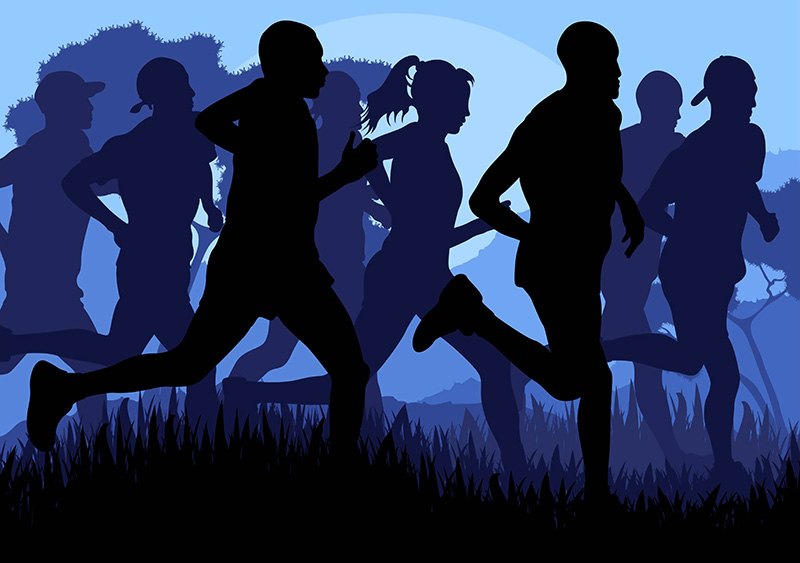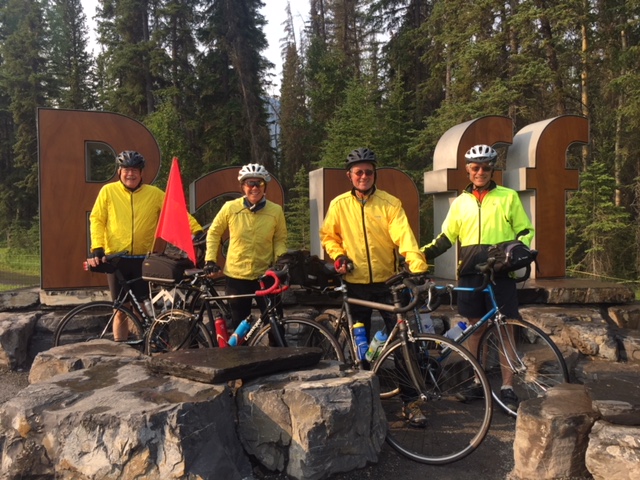Don’t Judge One’s Story by the Chapter You Walked In On
Jerk. That’s how I described the New Cashier when I left the store. He couldn’t help me, didn’t try, and was rude.
When I returned the next day, I made a snide comment about the Jerk to my Favorite Cashier who said, “Oh! That’s Sam. This is his first job out of college. He’s a bit overwhelmed and horribly under-trained, and as a result, he lacks the confidence to engage. I hope he will learn from great customers like you!”
Yikes. Now who’s the Jerk?
On the way home, I drove by a sign at a local business that read: Don’t judge one’s story by the chapter you walked in on.
Seriously!? Was that directed at me personally?
I had judged Sam’s entire story by our 5-minute interaction. I wrote him off as a Jerk.
How many times have I judged other people’s entire story based on one exchange? She’s thoughtless. He’s arrogant. She’s mean. He’s stupid.
In every interaction, we walk into a chapter of someone’s story. And typically we’re missing context: we don’t know what transpired in that story before we arrived on the scene.
“Don’t judge a book by its cover.”
“Don’t judge a book by one chapter.”
So what can we do? Exactly what my Favorite Cashier suggested: contribute to the chapter.
So here’s what I did. On my next visit to the store, I asked Sam about himself and how he’s liking his new job. And when he struggled to answer another customer’s question, I jumped in to help, mentoring him in the process.
When we remember that we are only experiencing one chapter in each person’s story, we can approach people with less judgment and more curiosity.
Armed with renewed empathy, patience, and kindness, we can offer to contribute and make a difference.







